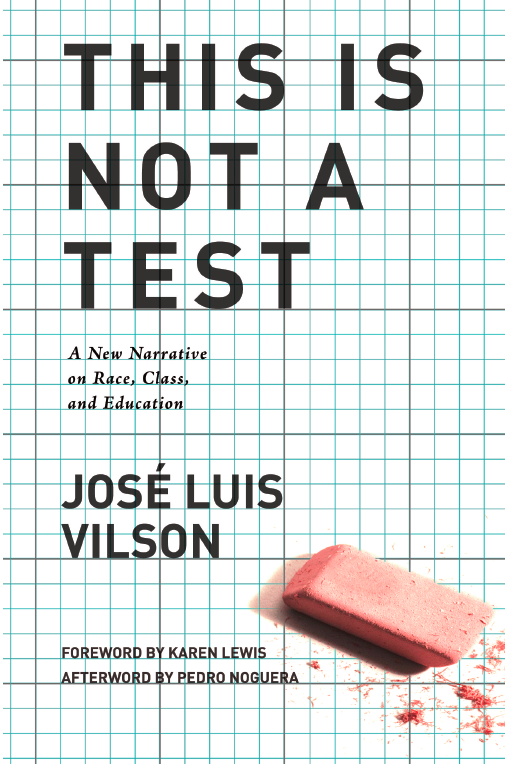
Week 1: I Belong Here (On Starting Exponents)
I’ve started my unit on exponents the same exact way for the last five years. I’d give my students the definition of exponent and base, and give them examples of how each of them work. From there, we’d see what happens as I made tables to show growth patterns. What happens as the exponent increases? What happens as the exponent decreases? What if the exponent is zero? Negative? What’s the difference between a negative base and a negative exponent?
This year, I changed my whole lesson planning by introducing them to the problem of folds.
In this problem, I take a sheet of paper and fold it in half. I then take the paper and fold it again in half, and do it again for emphasis. I then asked them, “What do you notice?” I let them tackle this for a longer while than I’m used to. The students came up with a bunch of different observations:
- As the stage increased, the number of boxes doubles.
- As the stage increased, the size of the boxes shrunk in half.
- It looks like division / multiplication.
I didn’t really tell them which is right or wrong, but they put something into my lessons that I didn’t anticipate: I could use this problem for both positive and negative numbers, the positive numbers dealing with the amount of the boxes and the negative numbers dealing with the size of the boxes.
For the rest of the week, instead of giving them a mix of computation problems for their first activity, I decided to just put up the complex ones I would ask for homework and let them argue. Indeed, many of them did argue with each other. Maybe it got a little loud for my taste in one of the classes this week, but, for my kids to have the permission to argue with each other gave all of us a sense of how the school year might proceed.
This is all buoyed by my loose-tight structure in class. I’m demanding “good morning” from Week 1: I Belong Here (On Starting Exponents) | The Jose Vilson:

